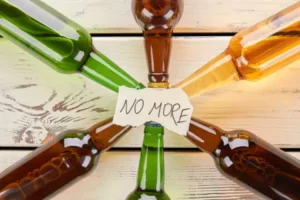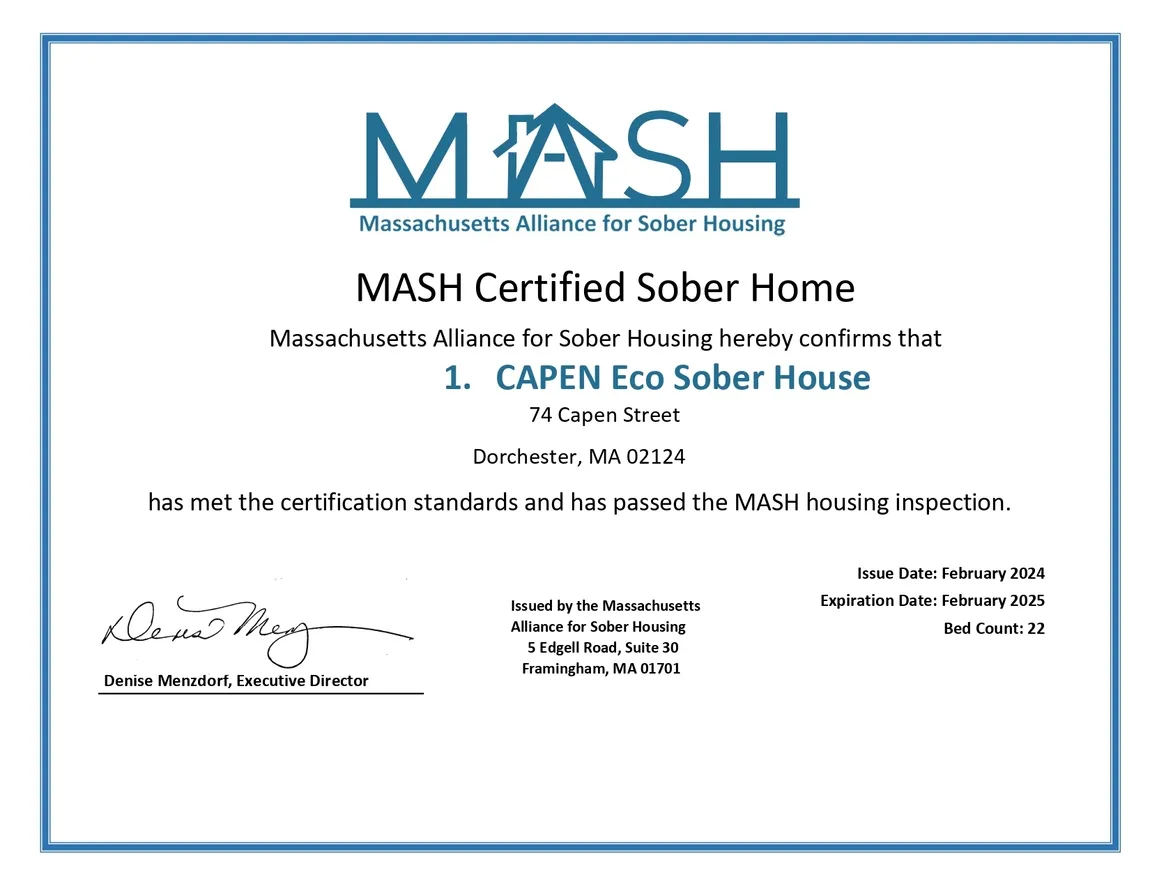
A relapse prevention plan works best when you do it under a therapist or counselor’s supervision. That way, you can explore new behaviors and thought patterns to help you stay clean. Relapse prevention is one of the main goals of drug or alcohol treatment programs.
Relapse After Recovery
- The stages of change model is often used to help explain why people suffering from substance use disorder typically undergo a recidivism cycle before quitting for good.
- First, in the context of pharmacotherapy interventions, relevant genetic variations can impact drug pharmacokinetics or pharmacodynamics, thereby moderating treatment response (pharmacogenetics).
- Recognizing these emotions can help you seek other therapy or a recovery meeting if necessary.
- Based on the cognitive-behavioral model of relapse, RP was initially conceived as an outgrowth and augmentation of traditional behavioral approaches to studying and treating addictions.
- Although withdrawal is usually viewed as a physiological process, recent theory emphasizes the importance of behavioral withdrawal processes [66].
- Changing bad habits of any kind takes time, and thinking about success and failure as all-or-nothing is counterproductive.
12-step programs, such as Alcoholics Anonymous (AA), Cocaine Anonymous (CA), and Narcotics Anonymous (NA), provide additional guidance and support for people in recovery. https://ecosoberhouse.com/ group activities can be a cornerstone in the journey to recovery. These activities allow you and other group members to share experiences and foster camaraderie. Groups like Alcoholics Anonymous, Narcotics Anonymous, and SMART Recovery provide invaluable help, resources, and substance abuse group activities. They also offer a safe space for group members to talk about their struggles and learn to cope without substances.
Mental Relapse
The RP model proposes that at the cessation of a habit, a client feels self-efficacious with regard to the unwanted behaviour and that this perception of self-efficacy stems from learned and practiced skills3. In a prospective study among both men and women being treated for alcohol dependence using the Situational Confidence Questionnaire, higher self-efficacy scores were correlated to a longer interval for relapse to alcohol use8. The relationship between self-efficacy and relapse is possibly bidirectional, meaning that individuals who are more successful report greater self-efficacy and individuals who have lapsed report lower self-efficacy4. Chronic stressors may also overlap between self-efficacy and other areas of intrapersonal determinants, like emotional states, by presenting more adaptational strain on the treatment-seeking client4. In recovery, relapse prevention plays a vital role in maintaining sobriety and preventing setbacks. It helps individuals develop coping skills, build resilience, and direct challenges without resorting to substance abuse.

Mindfulness-Based Relapse Prevention (MBRP)
Help can come in an array of forms—asking for more support from family members and friends, from peers or from others who are further along in the recovery process. It might mean entering, or returning to, a treatment program; starting, or upping the intensity of, individual or group therapy; and/or joining a peer support group. People can relapse when things are going well if they become overconfident in their ability to manage every kind of situation that can trigger even a momentary desire to use. Or they may be caught by surprise in a situation where others around them are using and not have immediate recourse to recovery support. Or they may believe that they can partake in a controlled way or somehow avoid the negative consequences. Sometimes people relapse because, in their eagerness to leave addiction behind, they cease engaging in measures that contribute to recovery.
“Most of the research to address this challenge has focused on re-engineering the CAR T cell itself – for example, by introducing or eliminating genes to keep the cell active for longer,” he continues. “While these approaches hold great promise, they have yet to show much effectiveness in the clinic. We decided to come at the problem from a completely different perspective.” But sometimes people don’t even realize they took fentanyl in counterfeit Adderall or Xanax pills or while smoking meth.
Healthcare Agencies and Business Continuity: Benefits to Employers
It involves the degree of balance in the person’s life between perceived external demands and internally fulfilling or enjoyable activities. Urges and cravings precipitated by psychological or environmental stimuli are also important6. Addiction and related disorders are chronic lapsing and relapsing disorders where the combination of long term pharmacological and psychosocial managements are the mainstay approaches of management. Among the psychosocial interventions, the Relapse Prevention (RP), cognitive-behavioural approach, is a strategy for reducing the likelihood and severity of relapse following the cessation or reduction of problematic behaviours. Here the assessment and management of both the intrapersonal and interpersonal determinants of relapse are undertaken. This article discusses the concepts of relapse prevention, relapse determinants and the specific interventional strategies.
Use Support Groups
Treatment for addiction can help clients work through a relapse and begin taking active steps to change their behavior. Focusing on your senses will help you gain self-awareness and increase mindfulness, which will help you accomplish daily tasks, overcome unhealthy thoughts or feelings, feel more in-control and less overwhelmed, and reduce the risk of relapse. It involves taking the time to tend to your mental and physical health, such as getting enough sleep, eating healthy food, and exercising regularly.


Staying proactive by finding new, enjoyable activities and avoiding overwhelming feelings is an effective way to combat boredom. Engaging in fulfilling activities that replace substance use can help you stay on the right track and maintain your sobriety. Recognizing and addressing these common relapse triggers allows for proactive management, thus reducing the likelihood of reverting to substance use. Distraction is a time-honored way of interrupting unpleasant thoughts of any kind, and particularly valuable for derailing thoughts of using before they reach maximum intensity. One cognitive strategy is to recite a mantra selected and rehearsed in advance. A behavioral strategy is to call and engage in conversation with a friend or other member of your support network.
Developing A Relapse Prevention Plan
If red flags can be spotted early on, the patient can roll out mitigating measures to stop progression to recidivism as soon as possible. Certain evidence has shown that up to two-thirds of chronic drug users slip up within weeks to months of starting treatment, and up to 85 percent of users return to drug use within one year of quitting. These statistics can help you process just how relapse prevention common drug relapse is and how drug addiction is a chronic but curable condition that requires prolonged treatment, just like any other chronic disorder. Patients treated for substance use disorder often fall back to their old addictive habits, which becomes a source of frustration for them and their families. Many think a lapse means the failure of a patient to recover successfully.
